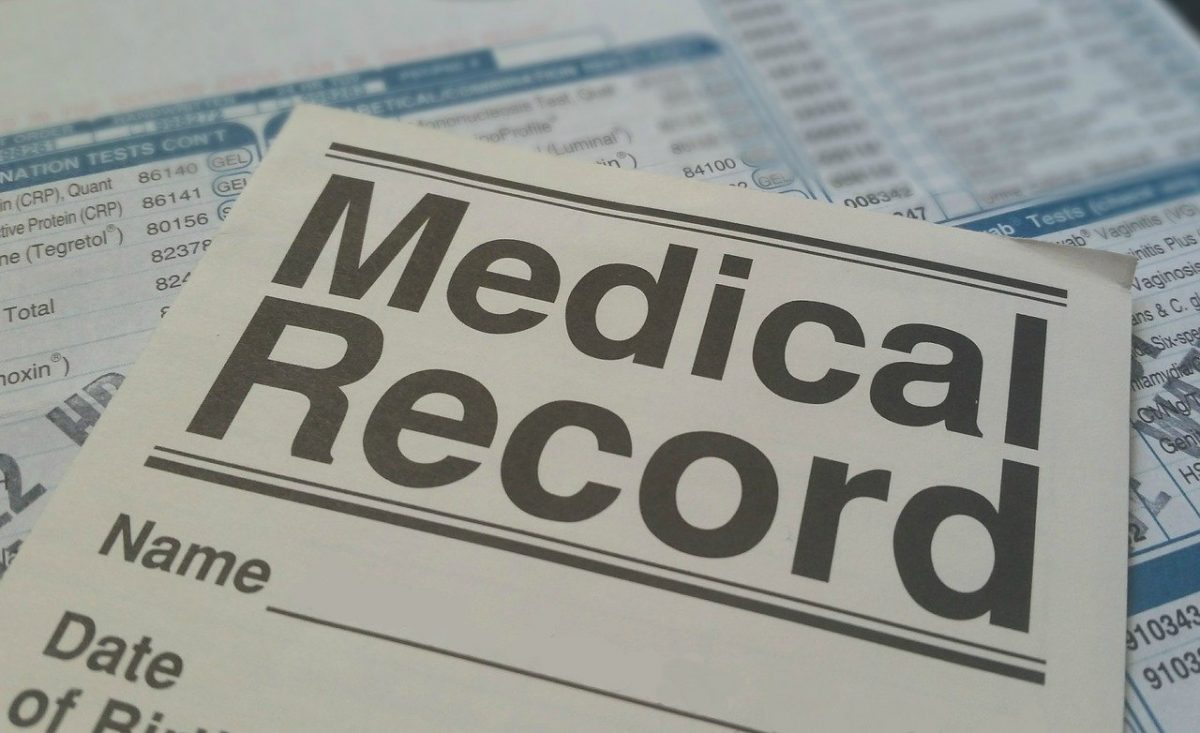If you’re travelling, especially if you’re far away from home, you might want to take some steps to protect your health. Of course, we can’t always control how or when we get sick, but there are some crucial tips to consider to ensure that you’re prepared in case you do fall ill.
Get the right vaccinations
Different countries around the world require a number of vaccinations. Before your trip, make sure you visit a travel vaccination clinic and get all the recommended jabs for your chosen destination. These may include vaccinations for hepatitis, typhoid, yellow fever, tetanus and rabies, depending on where you are going.
Avoid some foods
The number one issue that travellers complain about is food poisoning. While mild, it can be very unpleasant. To avoid food poisoning, don’t eat food that has been standing out in the sun or hasn’t been cooked properly. In some places, you might also want to avoid salad and food that has been washed with tap water.
You can’t drink the tap water in many countries around the world, so unless you know for certain that it’s ok where you are, opt for bottled water instead.
Get enough rest
Travelling is very exciting, and you will naturally want to be doing as much as possible while you’re away. However, getting no rest is a recipe for disaster. If your body doesn’t have time to rest, your immune system will weaken, and you’ll be much more prone to picking up any bugs or viruses that are going around.
Get comprehensive travel insurance
There’s no failsafe way to ensure that you will stay healthy while travelling. Purchasing a comprehensive travel insurance plan is the only real way to ensure that if you do get sick, you’ll be able to get treatment as soon as possible. Many travel insurance plans include treatment at the best private hospitals, so you’ll have peace of mind that you’re receiving the best care possible.
Visit Compare Insurance today to find the buy travel insurance online for your trip.










